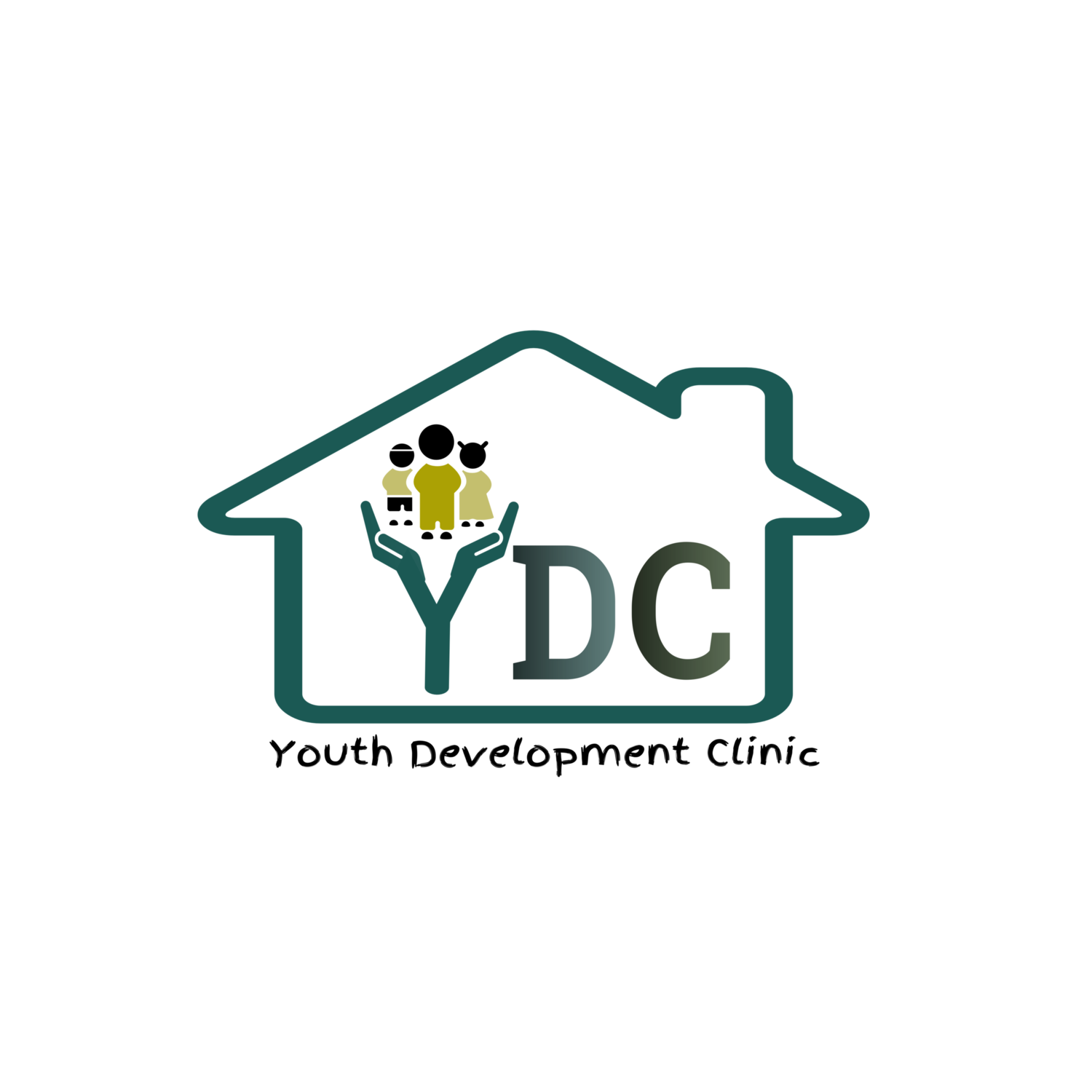The Youth Development Clinic was founded in 1958 as a private, nonprofit 501(c)(3) organization by a consortium of Newark residents, the Prudential Insurance Company of America, and the Newark Board of Education.
We provide services to children in schools and community-based settings, as well as in our outpatient clinic in downtown Newark, New Jersey. We counsel those with significant behavioral and emotional needs, working to stabilize their behaviors and foster learning. We also provide consultation to school staff to support and manage students and effectively maximize their educational attainment with minimal disruptions to the classroom.
YDC established the Neighborhood Based Partnership Program in order to provide needed services to children and families within their actual neighborhoods, where they live and attend school. Through partnerships with Newark public, non-public, and charter schools, we are able to achieve success in reaching the most vulnerable children and families. By building interpersonal and behavioral skills in children, and coupling this with consultation with teachers to help them maintain behavioral changes in the classroom environment, we are able to improve children’s coping skills and increase their academic success.
Our Mission
To help our clients attain effective personal and family, functioning at home and in community settings, always adapting to changes in the community by delivering cultural and language-appropriate services based on best practice models that have been demonstrated to work. We provide training opportunities designed to promote the ability of mental health professionals to work with a culturally diverse and underserved population.
WHO WE SERVE
Our clients range from infants to children and youth up to age 18 and their family members and/or caregivers. We also provide services to young adults and parents. Nearly all of our clients come from low-income families. Increasingly, we work with families and children who are new to the United States and who represent many ethnicities and speak various languages. They often face tremendous obstacles in healthy living and learning.

